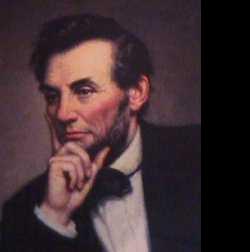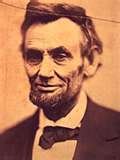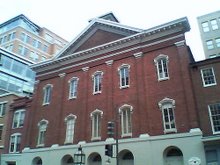
The 150th anniversary of the Lincoln-Douglas debates is still being celebrated in the seven Illinois cities where they originally took place. These debates, from August through October of 1858, targeted the expansion of slavery in the new territories and proved that you can win even when you lose. Though Lincoln lost the senatorial election, he gained so much public favor that he ultimately won the future presidential election.
A few interesting quotations came from these debates. Lincoln called a self-evident truth "the electric cord ... that links the hearts of patriotic and liberty-loving men together."
But my favorite analogy of the expansion of slavery is still in his Hartford Connecticut speech of March 5, 1860, where he compared it to a "snake in the Union bed." Finding a snake on the road and killing it, he would be a hero. Finding a snake in his children's bed, he might not kill it for fear of inciting it to bite, but deliberatey tossing a snake into a perfectly safe bed (the new territories) would be foolish. That chilling image of tossing a snake into a place of safety always gets my attention. I wonder if he would have won that senate seat had he used this analogy in 1858. Then I wonder, if he had won that senate seat, might his career have taken a different path altogether less meaningful?
Not if Mary had anything to say about it.









No comments:
Post a Comment